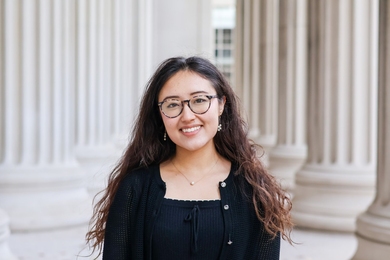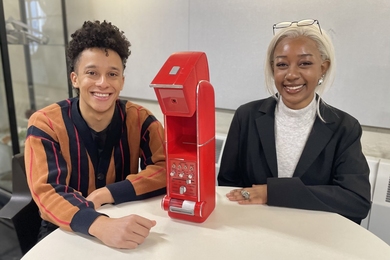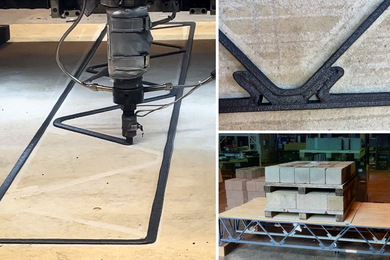MIT OpenCourseWare has published its 500th course and now offers free and open access to the educational materials from all 33 of the Institute's academic disciplines and all five of its schools, MIT announced Sept. 30.
"MIT is delivering on the promise that it made when OpenCourseWare was announced in 2001, and we're pleased that educators and learners from all parts of the globe tell us that OCW is already having an impact on education and learning," said President Charles M. Vest. "We see OCW as opening a new door to the democratizing and transforming power of education. We hope the idea of openly sharing course materials will propagate throughout many institutions and create a global web of knowledge that will enhance the quality of learning and, therefore, the quality of life worldwide."
OpenCourseWare (OCW) connects visitors to http://ocw.mit.edu with the syllabi, lecture notes and calendars of hundreds of MIT courses. Most course sites include a subset of other materials such as multimedia simulations, problem sets and solutions, past exams, reading lists, sample MIT student projects and a selection of video lectures.
The initiative has received support from the William and Flora Hewlett Foundation and the Andrew W. Mellon Foundation.
First announced in April 2001, the OCW pilot site opened to the public in September 2002, offering 32 courses. The site has received almost 120 million hits from visitors in more than 210 countries, territories and city-states over the last year. Materials have already been translated into at least 10 different languages.
OCW has a dual mission: to provide free, searchable access to virtually all MIT course materials; and to create an efficient, standards-based model that other universities can emulate to publish their own educational materials.
"OpenCourseWare is a project that grew organically from the MIT faculty, and this publication of 500 courses would not have happened without the faculty's remarkable dedication to education and MIT's mission," Provost Robert A. Brown said. "Leadership means taking chances and setting an example, and with OCW, we're starting to realize the potential of this exciting initiative."
Almost 600 of MIT's 950 faculty members have contributed course materials to the 500 courses now on OCW. Several participating faculty have been recognized by peers at other universities for their OCW course sites, and in some cases this has led to new teaching and research collaborations.
To increase international access to the faculty's educational materials, OCW has entered into a formal agreement with Universia.net to translate 25 MIT courses into Spanish and Portuguese. Active in 10 countries (Argentina, Brazil, Colombia, Chile, Spain, Mexico, Peru, Portugal, Puerto Rico and Venezuela), Universia counts more than 700 universities among its members. The 24 translated MIT OCW courses are hosted on the Universia web portal at http://www.universia.net, and Universia is committed to expanding its translated OCW course offerings over time.
Course materials contained on the OCW site may be used, copied, distributed, translated and modified by anyone, anywhere in the world. All that's required is that the use be noncommercial, that the original MIT faculty authors receive attribution if the materials are republished or reposted online, and that adapters openly share the materials in the same manner as MIT OCW.





